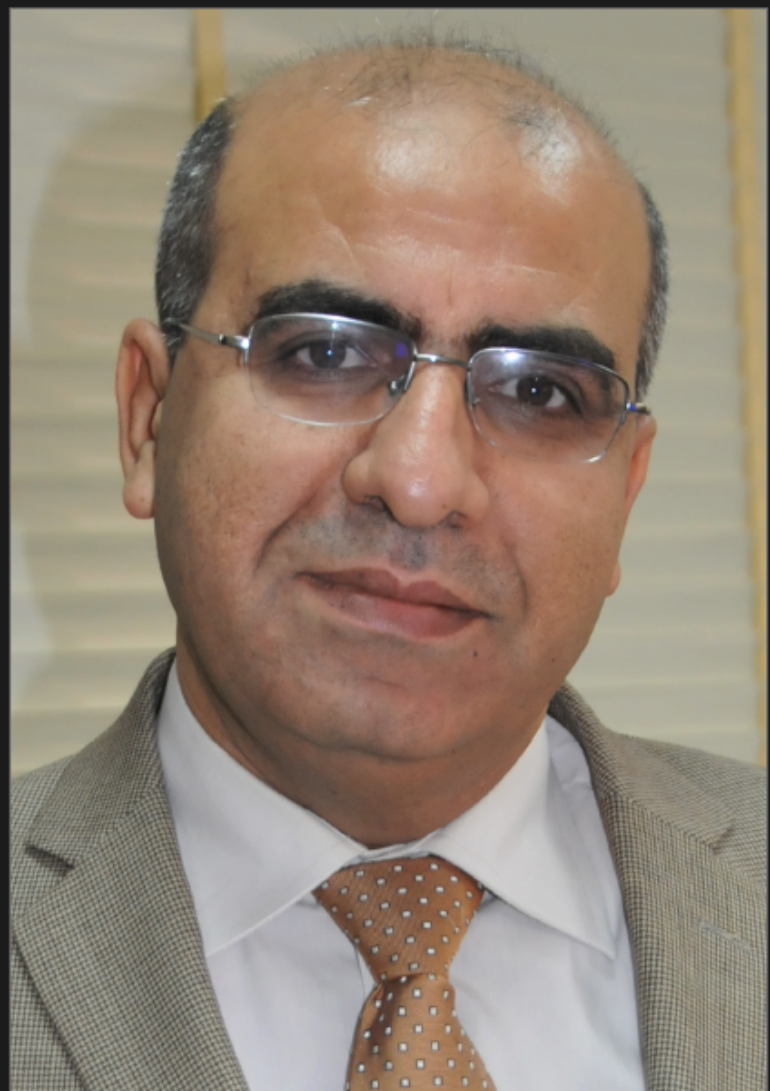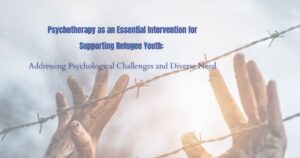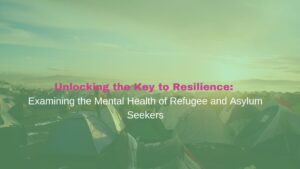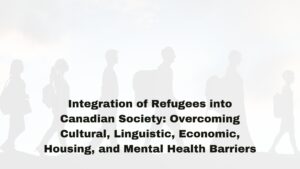I hold a Master of Social Work from Wilfrid Laurier University and am a registered social worker with the Ontario College of Social Workers and Social Service Workers. In my therapeutic practice, I integrate a range of evidence-based counselling approaches, with a particular focus on post-migration stress, race-based traumatic stress, and the complex emotional experiences that accompany major life transitions. I strive to create a supportive, culturally responsive, and empowering space where clients feel heard, valued, and understood. My passion for helping others, combined with a grounded sense of empathy and respect, shapes my commitment to working collaboratively with you to identify meaningful strategies for healing and growth.
In addition to my social work education, I hold a PhD in International Relations from the University of Exeter in the UK. For more than two decades, I have worked with vulnerable and marginalized communities, including refugees, displaced individuals, survivors of discrimination and torture, and at-risk youth and women. My experience with international organizations, including the United Nations, has strengthened my dedication to advocacy, resilience-building, and trauma-informed care. These global experiences continue to guide my therapeutic work today, fueling my belief in every person’s capacity for recovery, well-being, and a renewed sense of hope.




